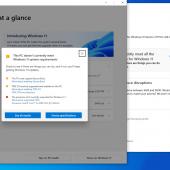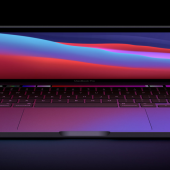This Windows 10 'Drive Optimization' Bug Could Harm Your Drive
The latest Windows 10 update appears to be running the automatic hard drive optimization process more often than it needs to. While this is a necessary part of a hard drive’s upkeep, and letting Windows run the TRIM command on your SSD never hurts, excessively defragmenting the drive is generally unnecessary and can affect an SSD’s lifespan over time.
In the simplest terms, defragging a drive rearranges the data for more efficient loading. However, defragging the drive requires large-scale rewrites of the drive’s contents, and repeated defragging could wear your SSD out faster since the microscopic cells SSDs store data on are weakened every time data is read or written.
Plenty of experts suggest only defragging your SSD once a month at most, and many even recommend against defragmenting your SSD at all. But PCs running Windows 10 version 2004 are performing the auto-defrag every time the SSD is connected, including each time you reboot your computer. It would take a long time to wear out the SSD entirely, but those excessive defrags are harmful nonetheless.
Microsoft acknowledged the issue and will be issuing a patch to fix it. Until then, you can turn off the auto-defrag tool in the Window 10 settings to prevent the unwanted rewrites

- Type “Defrag” into the Windows 10 search bar.
- Click “Defragment and Optimize Drives” from the search results to open the Optimize Drives window.
- Click “Change Settings” under the Scheduled optimization section (If the option instead says “Turn On,” then the auto-defrag is already disabled.)
- Uncheck “Run on Schedule.”
- Click “Okay” then “Close.”
You can still manually run the defrag process by clicking a drive from the list and selecting “Optimize.”
[Source: https://lifehacker.com/this-windows-10-drive-optimization-bug-could-harm-your-1844868836]










